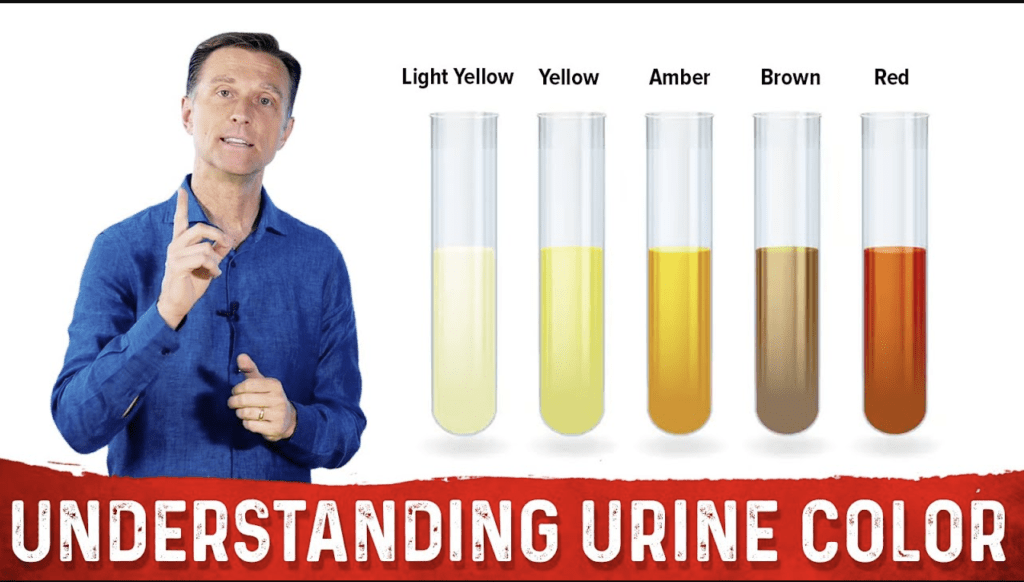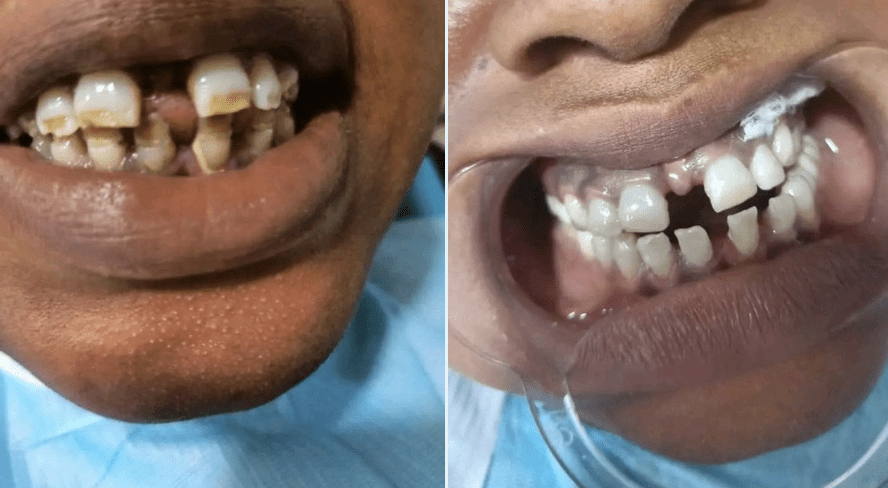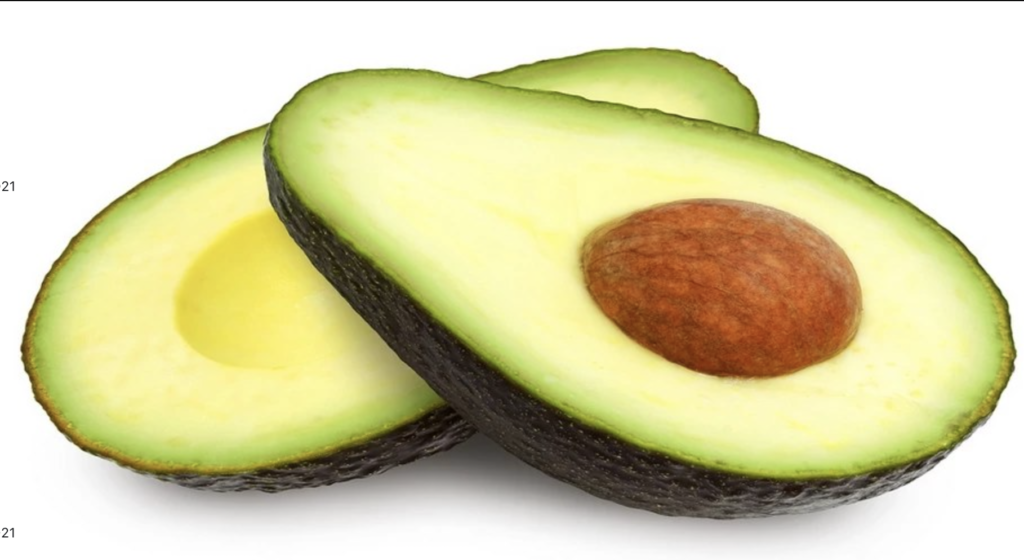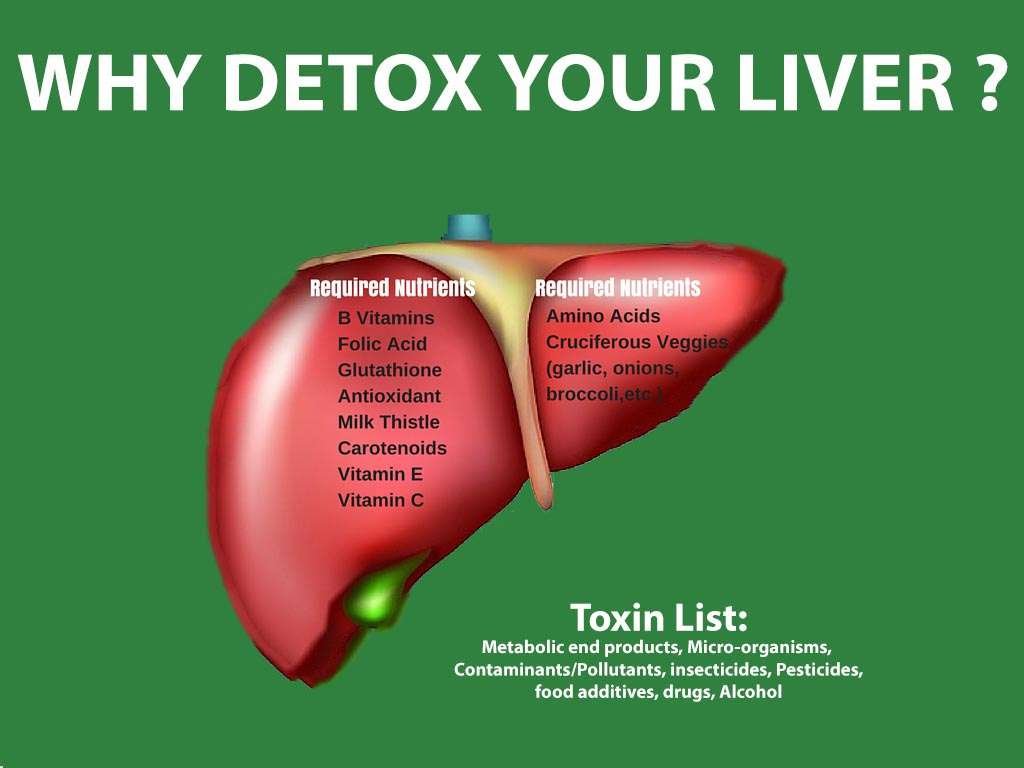You’ve been lied to about heart diseases in relation to cholesterol. Most people have been made to believe that Choselterol is harmful and causes heart disease!
High cholesterol has no symptoms, so many people don’t know that their cholesterol is too high. A simple blood test can check cholesterol levels. Having high blood cholesterol raises the risk for heart disease, the leading cause of death, and for stroke, the fifth leading cause of death
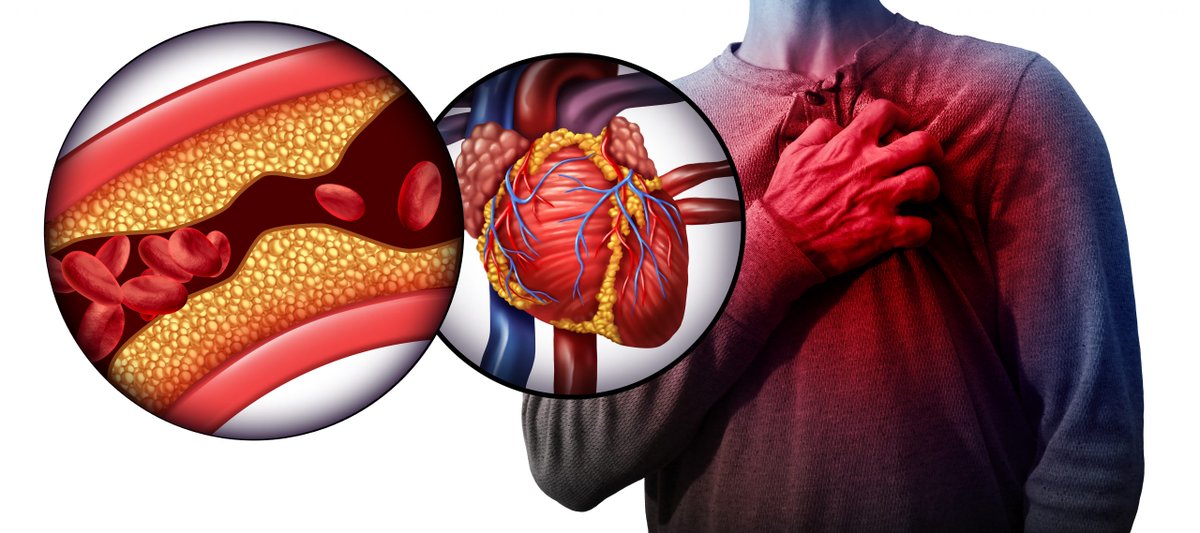
Well to start us off, let’s ask ourselves, give me 5 minutes to tell you the truth about cholesterol:
What is cholesterol?
- Cholesterol is a waxy, fat-like substance that’s found in all the cells in your body.
- Your body needs some cholesterol to make hormones, vitamin D, and substances that help you digest foods.
- Your body makes all the cholesterol it needs
What Is The Biggest Cause Of Cholesterol?
Many different factors can contribute to high blood cholesterol, including lifestyle factors like smoking, an unhealthy diet, and lack of exercise, as well as having an underlying condition, such as high blood pressure or diabetes
How Does Cholesterol Affect Heart Disease?
With high cholesterol, you can develop fatty deposits in your blood vessels. Eventually, these deposits grow, making it difficult for enough blood to flow through your arteries. Sometimes, those deposits can break suddenly and form a clot that causes a heart attack or stroke
Well, we’ve all heard the same story:
“Cholesterol is bad.”
“Cholesterol causes heart disease.”
BUT IT’S NOT TRUE.
We NEED cholesterol to not only survive but to thrive.
Let’s Start With The 3 Biggest Reasons Why We Need Cholesterol
1) Hormonal Regulation
Cholesterol is the precursor for numerous important hormones like:
- Cortisol
- Estrogen
- Testosterone
- Progesterone
Without cholesterol, these systems don’t function properly.
2) Vitamin D Synthesis
- Cholesterol is also the building block for vitamin D production.
- You can supplement Vitamin D and get all the sunlight you want but without healthy amounts of cholesterol, your body won’t produce as much Vitamin D as it could.
3) Neurological Functioning
Cholesterol is abundant in the brain as It supports the formation of nerve cells.
And is essential for regulating the nervous system.
It also maintains synapses between brain cells responsible for:
- Memory
- Learning
- Overall cognition
Now you know why cholesterol is essential for survival but I’m sure you still have questions:
• “Is there a difference between good and bad cholesterol?”
• “What’s really causing heart attacks and strokes?”
• ” How can I lower my risk of heart disease?”
Let’s dive into each:
1 ) Difference Between Good And Bad Cholesterol
How Much Cholesterol Causes Heart Disease?
While the risk of cardiovascular events increases substantially with LDL levels above 40–60 mg/dL, current national cholesterol guidelines consider LDL levels less than 100–130 mg/dL acceptable for many individuals
We’ve been taught HDL is “good” and LDL is “bad.”
As a general rule, HDL is considered “good” cholesterol, while LDL is considered “bad.” This is because HDL carries cholesterol to your liver, where it can be removed from your bloodstream before it builds up in your arteries. LDL, on the other hand, takes cholesterol directly to your arteries.
HDL (high-density lipoprotein) cholesterol, sometimes called “good” cholesterol, absorbs cholesterol in the blood and carries it back to the liver. The liver then flushes it from the body. High levels of HDL cholesterol can lower your risk for heart disease and stroke.
But It’s just not that simple.
Both play key roles in cholesterol regulation. HDL transports cholesterol to the liver while LDL brings it to the blood.
Raising your HDL naturally includes eating healthful fats, such as olive oil, coconut oil, and fatty fish, avoiding harmful trans fats(semisolid fat), getting regular exercise, quitting smoking, and eating antioxidant-rich foods are also effective for increasing HDL cholesterol.
SO WHAT ARE WE MISSING?
- The mainstream narrative is that excess LDL (bad cholesterol) can lead to the buildup of plaque in arteries.
- It’s easy to then build a very lucrative pharmaceutical industry on the fear of cholesterol.
- But this is leaving out one important factor in the buildup…Oxidation
- LDL and HDL are simply vehicles, they move back and forth and when they become oxidized they are slowly damaged or destroyed.
- Now assume we have a traffic jam. And to make matters worse, these vehicles are on fire and toxic causing inflammation.
- You’re body responds forming a plaque.
SO WHAT’S REALLY CAUSING THIS OXIDATION, PLAQUE FORMATION, AND HEART ATTACKS?
- It’s not cholesterol. It’s the modern diet.
- Heart disease continues to go up year after year.
- Do you know what else does? Sugar and seed oil intake.
- Both drive up blood sugar and increase oxidation.
- Excess sugar in the blood is then stored as fat in the form of triglycerides or lipids.
- One of the best indicators of heart health is the Triglyercide to HDL ratio.
- MEANING: If you generally have less oxidative sugar stored as fat and more carriers back to the liver its a recipe for longevity.
So Now You’re Thinking. How Can I Lower My Risk Of Heart Disease?
Eat Healthy Fats Like:
- Fish
- Nuts
- Eggs
- Olive oil
- Avocados
- Quality Meats
- Also, incorporating fiber into your diet from fruits and veggies is crucial for HDL production.
Avoid Foods That Include:
- Sugary sweets and beverages
- Highly processed foods
- Vegetable/Seed oils
- Fried foods
So What’s The Conclusion?
- Cholesterol is not inherently bad.
- It’s a necessary building block of many functions of the human body.
- The key is to limit processed foods that damage and break down our cholesterol.
References
- Tsao CW, Aday AW, Almarzooq ZI, Beaton AZ, Bittencourt MS, Boehme AK, et al. Heart Disease and Stroke Statistics—2023 Update: A Report From the American Heart Association. Circulation. 2023;147:e93–e621.
- Wall HK, Ritchey MD, Gillespie C, Omura JD, Jamal A, George MG. Vital Signs: prevalence of key cardiovascular disease risk factors for Million Hearts 2022—United States, 2011–2016. Morbidity and Mortality Weekly Report. 2018;67(35):983–991.
- Carroll MD, Kit BK, Lacher DA, Yoon SS. Total and High-Density Lipoprotein Cholesterol in Adults: National Health and Nutrition Examination Survey, 2011–2012 [PDF – 778K]. NCHS data brief, no. 132. Hyattsville, MD: National Center for Health Statistics; 2013.
- HealthFinder.gov. Get Your Cholesterol Checked. Washington, DC: U.S. Department of Health and Human Services; 2018.
- Perak AM, Ning H, Kit BK, de Ferranti SD, Van Horn LV, Wilkins JT, Lloyd-Jones DM. Trends in levels of lipids and apolipoprotein B in US youths aged 6 to 19 Years, 1999–2016. JAMA. 2019;321(19):1895–1905.
